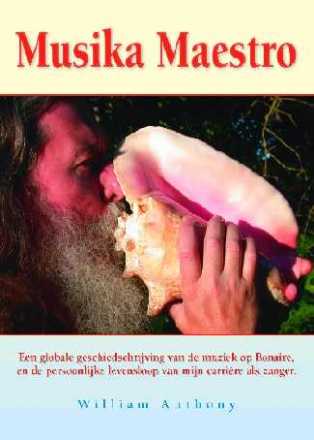PETITIE ZELFBESCIKKINGSREFERENDUM OP BONAIRE
Voorgeschiedenis:
Op 10 september 2004 werd op Bonaire een niet-bindend referendum gehouden.
Uitslag referendum
| Optie | Stemmen | Percentage |
|---|---|---|
| A: binnen de Nederlandse Antillen blijven | 853 | 15,94 |
| B: een directe band met Nederland | 3.182 | 59,45 |
| C: een autonoom land binnen het Koninkrijk | 1.290 | 24,10 |
| D: volledige onafhankelijkheid van het Koninkrijk | 27 | 0,50 |
| Blanco en ongeldige stemmen | 106 | 1,94 |
| Opkomst | 5.458 | 57,24 |
Bron: http://nl.wikipedia.org/wiki/Bonaire
Op 11 oktober 2006 bereikte Bonaire (samen met Saba en Sint Eustatius) een akkoord met de Nederlandse regering over een rechtstreekse band met Nederland. De Nederlandse Antillen zijn op 10 oktober 2010 ontbonden en Bonaire, gelijk aan Saba en Statia, als openbare lichaam zoals bedoeld in artikel 134 van de Grondwet ingericht.
Het was de bedoeling dat er ook nog een referendum zou worden gehouden op 15 januari 2010, dat na veel politieke ophef – zowel op de Antillen als in Nederland – niet doorging. Uiteindelijk werd er na overleg met de minister van Binnenlandse Zaken, Piet Hein Donner toch een referendum gehouden op 17 december 2010 die door politieke partijen is geboycot.
Inmiddels heeft de Nederlandse regering het wetsvoorstel strekkende tot het opnemen van een constitutionele basis voor BES aangenomen waarbij Bonaire, Saba i Statia definitief in Nederland geïntegreerd zullen worden als bedoeld in het door de regering voorgestelde nieuwe artikel 132a van de Nederlandse Grondwet. De procedure wordt nu in de Eerste Kamer voortgezet. Dit alles gebeurd zonder zonder de zelfbeschikkingsreferendum te houden. Wij vinden dit gang van zaken onacceptabel.
Why is the peoples’ right of self-determination emphasized to this extent? Because if the right of self-determination of people as a group is not secured, then the basic right of each individual in the group will not be secured.”
In het licht van het voorafgaande is de bevolking van Bonaire van mening dat ze hun recht op zelfbeschikking niet hebben uitgeoefend. De bevolking heeft immers geen bewuste keuze kunnen maken over hun toekomstige politieke status. De keuze voor directe banden is een andere dan de keuze voor integratie, die zelfs niet voorlag als keuze. Noch heeft de bevolking de kans gehad om zelf hun eigen economische, sociale en culturele ontwikkeling ter hand te nemen. Volgens de Resolutie 1541 van de Verenigde Naties moet iedere wijziging van een status “een vrijwillig uitgesproken wens zijn van de bevolking van het betreffend gebied die handelt met volledige kennis van de wijziging van hun status…”
Wij teken daarom deze petitie.

